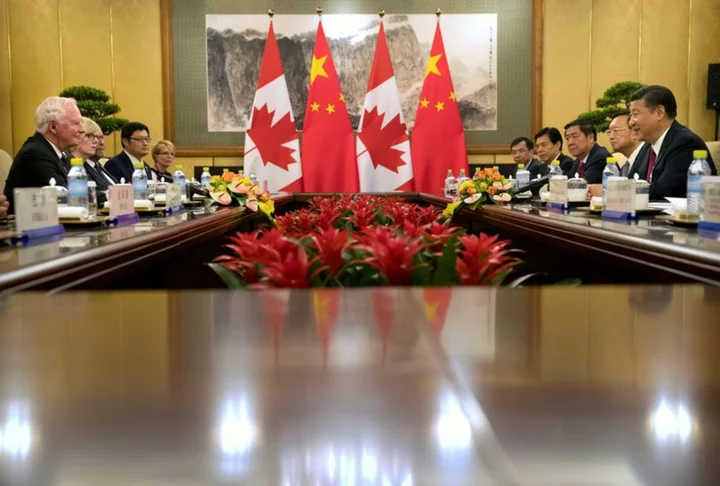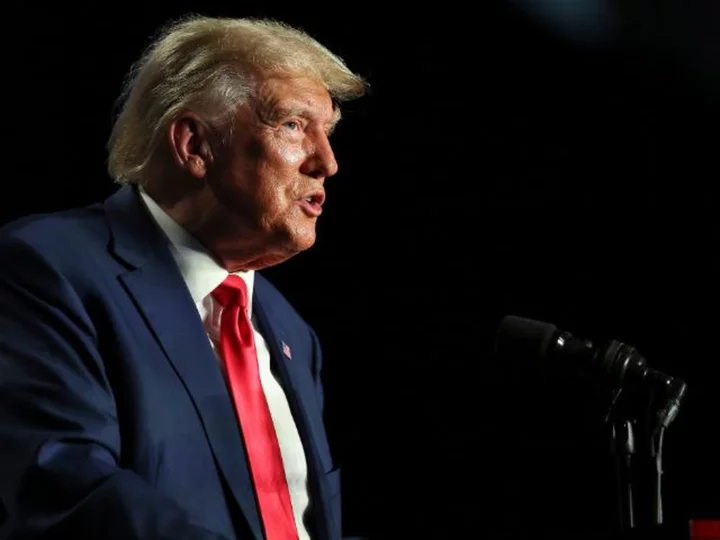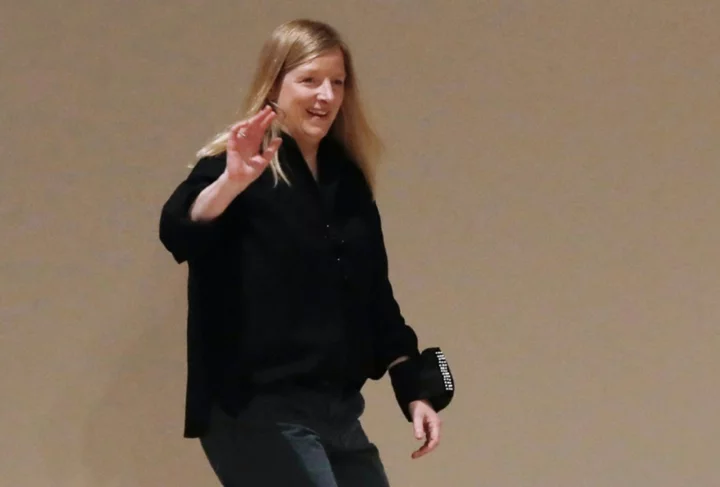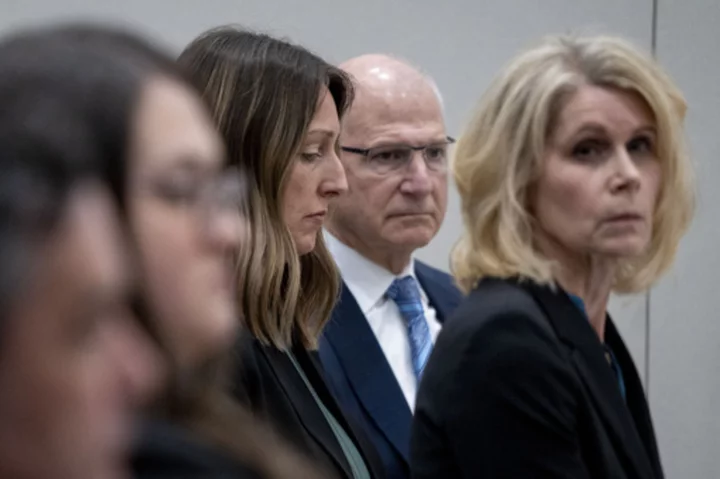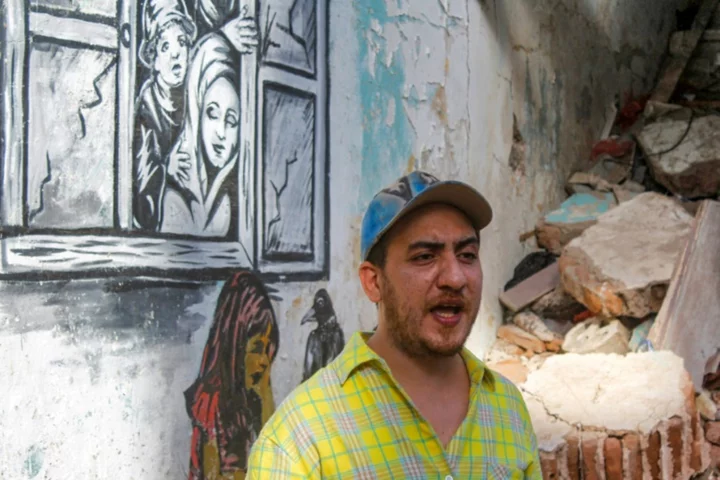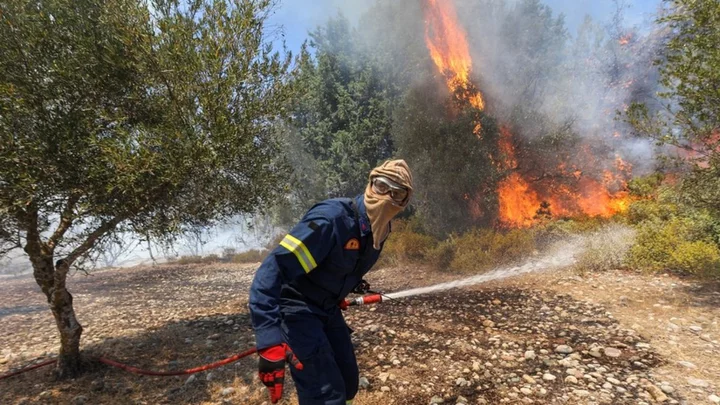By Steve Scherer
OTTAWA (Reuters) -Canadian Prime Minister Justin Trudeau's government did not knowingly ignore intelligence of Chinese meddling, said a special rapporteur named to investigate media leaks alleging China had sought to influence elections and policy.
In March the government asked David Johnston, who formerly served as Canada's governor general, to be a special rapporteur and investigate leaks citing intelligence reports alleging multiple cases of meddling.
"I have not found instances of the government knowingly ignoring intelligence, advice or recommendations on foreign interference, or making decisions based on partisan considerations in dealing with these issues," said Johnston in a 55-page report.
Johnston had access to classified memos, to the prime minister and other Cabinet members, and to top intelligence officials. He found many of the leaks to have been based on "limited and partial intelligence" or even false information.
"However, there are significant governance shortcomings in the way intelligence is communicated from security agencies to the various government departments," he added.
There was such a gap in the case of intelligence on an attempt by China to gather information about Conservative lawmaker Michael Chong's family in Hong Kong, the report said.
The result of the report is a clear win for Trudeau, though it is likely to remain a tense political issue. The prime minister has come under significant pressure from Conservatives - his main opposition in parliament - to open a public inquiry into foreign election interference.
Conservatives allege Trudeau intentionally ignored intelligence reports because the meddling benefited Liberals. China has repeatedly denied any interference.
Earlier this month, Trudeau's government expelled a Chinese official after it emerged that he had sought information about Chong's family, prompting a tit-for-tat expulsion of a Canadian diplomat by China.
In the report, Johnston recommends against a public inquiry supported by the opposition because most of the information that would need to be reviewed would be classified, and a public inquiry is supposed to be an exercise to increase transparency.
Instead, he said he will spend the next five months holding public hearings with governing officials, experts, and Canadians from affected communities in order to flesh out the issue transparently because "foreign governments are undoubtedly attempting to influence candidates and voters in Canada".
A public inquiry "would prolong, but not enhance, the process," the report said, adding that the issue of foreign interference has been a global phenomenon for years, and should be less politicized.
"Foreign interference can undermine the foundations of our democracy, not just particular political parties" and therefore should transcend partisanship, the report says.
(Reporting by Steve Scherer, editing by Deepa Babington)

